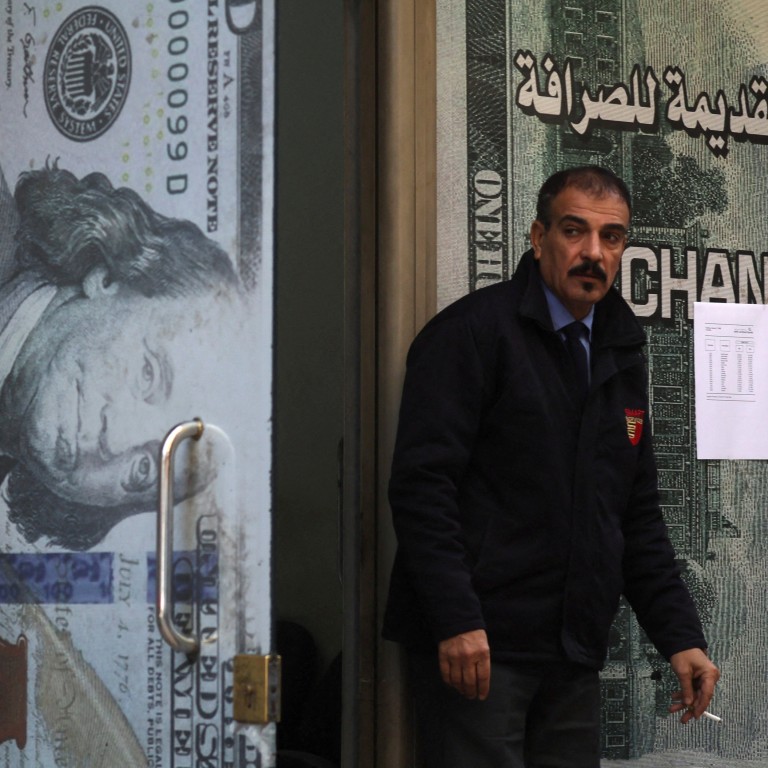
How Brics can push de-dollarisation and avert a global dollar disaster
- Amid rising dollar risks, Brics states should integrate their currency and bond markets, and tax dollar transactions to promote local currency use
- An effective de-dollarisation would rein in America’s free-spending ways and could save the world from the catastrophe of a dollar collapse
The US dollar dominates the global economy. It accounts for 90 per cent of currency market transactions, 59 per cent of foreign exchange reserves and half of global trade. A dominant currency is the natural outcome of market efficiency. If the 11 Brics-plus countries settled trade entirely in their local currencies, it would require 55 pair trades. If they settled in dollars, it would require just 10.
The efficiency of a dominant currency results in much better liquidity in its currency market, reinforcing its advantage. And the dollar has the added advantage of a deep bond market, where trade surpluses can be easily parked. For the global economy, dollar dominance is an efficient outcome.
A single currency is not the best way for Brics to de-dollarise
Instead, Brics-plus states should improve the liquidity in local currency trading. There are three good options. First, they should integrate their currency markets by creating a common settlement mechanism. It could be an overlay on domestic mechanisms, that is, when a better bid or offer is available from another market, the trade can be settled between markets. Improved liquidity and trading convenience would encourage the use of local currencies.
Second, Brics-plus nations should integrate their bond markets, also through a common settlement mechanism. This would encourage the parking of trade surpluses within the bloc itself, lower pressure on interest rates and boost investment. It wouldn’t be hard to create a system to seamlessly integrate their currency and bond markets.
Third, to overcome the dollar’s vast incumbent advantage, Brics-plus states should impose a small Tobin tax on currency trades involving the dollar, or even other Global North currencies. Global South currencies face a liquidity disadvantage – giving Global North currencies a small headwind would level the playing field somewhat.
True lesson of US dollar privilege won’t be lost on Brics+
Speculation is a bit part in the dollar’s hyper liquidity and not good for financial stability anyway. Emerging market crises have been driven by sentiment swings in the dollar market. There is a legitimate case for slowing it down to begin with.
De-dollarisation can be successful only if driven by markets and technology. Conjuring up some new, complicated and detached currency would not succeed. Its failure would reinforce the dollar’s dominance, which would be dangerous.
The US is going down a seemingly never-ending path of spending borrowed money. This is not good for America or the world. De-dollarisation must be effective enough to reign in the free spenders in Washington. It could save the world from a catastrophe.
Andy Xie is an independent economist


